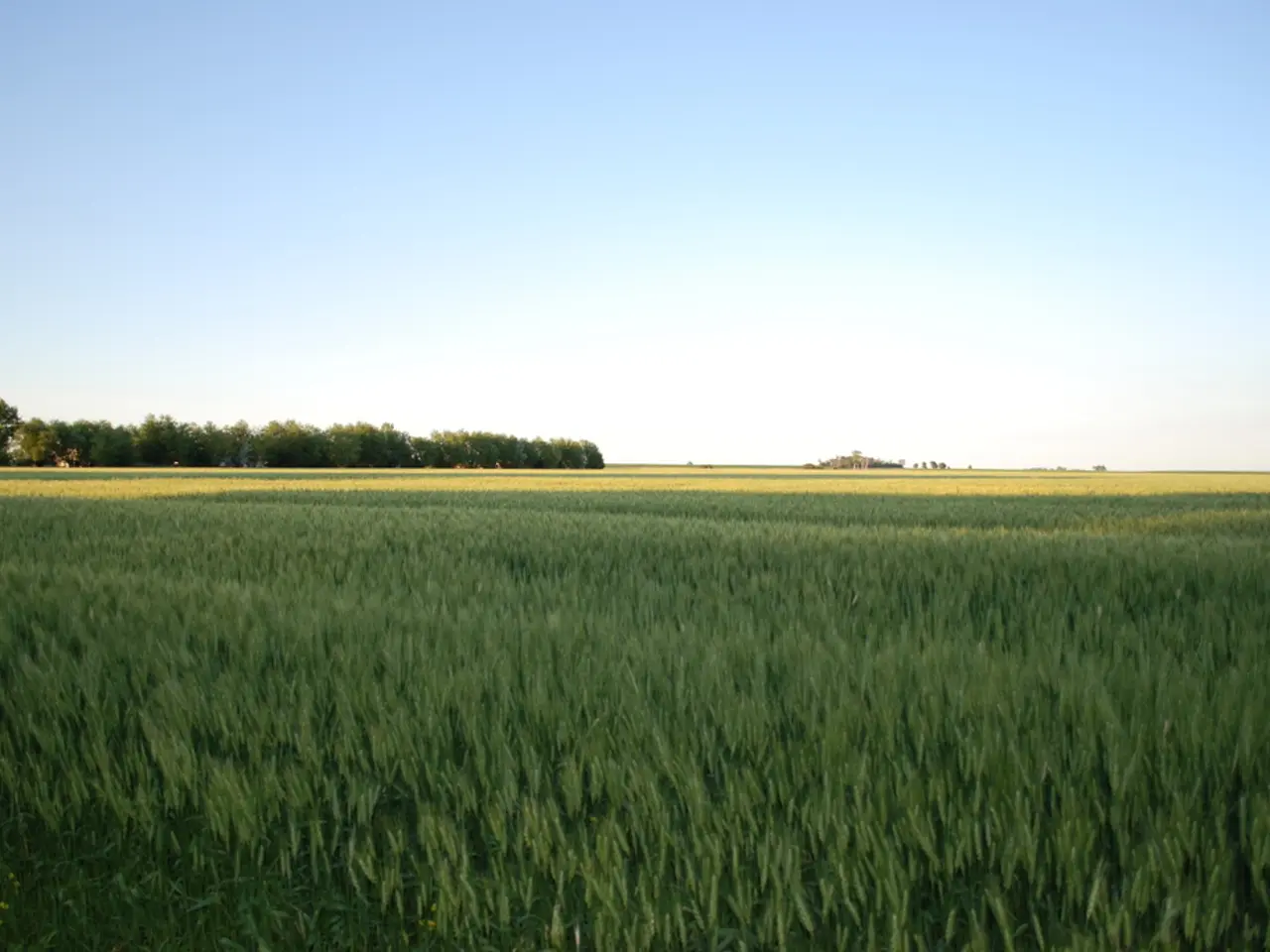UK and FAO Initiate ReAL Project to Aid over 150,000 Afghans Struggling with Food Shortages and Climate Emergency
The United Nations' Food and Agriculture Organization (FAO) and the UK government have launched a new initiative called the Resilient Agriculture Livelihoods (ReAL) project. This £10 million initiative aims to strengthen food security, boost rural livelihoods, and build climate and economic resilience for vulnerable farming communities across 15 provinces in Afghanistan.
The project will reach over 151,000 people, particularly small-scale farmers, herders, landless laborers, and women-headed households such as widows. ReAL focuses on empowering these groups by improving wheat and dairy production, rehabilitating irrigation systems, distributing quality seeds, vaccinating livestock, and providing veterinary health services. Women receive special support through poultry packages, livestock training, and access to dairy markets to enhance nutrition and income.
The ReAL project is part of the broader UK-funded PREVALE program, which promotes resilient and equitable agricultural recovery. It also aims to expand market access for farmers and promote sustainable land use, enabling communities to reduce their long-term dependence on humanitarian aid while managing climate risks.
In its first phase, the ReAL project focuses on increasing wheat and dairy production, restoring community irrigation systems, expanding access to high-quality seeds, and conducting livestock vaccination campaigns. Strengthening local animal health services is a key component of the project, aimed at reducing livestock losses due to disease.
The ReAL project will be implemented in parallel with another PREVALE-supported initiative led by the Afghanistan Resilience Consortium (ARC). FAO and ARC will share best practices, expand the evidence base, and promote climate-resilient, sustainable agriculture to reduce food insecurity across vulnerable regions.
The country continues to face overlapping climate, economic, and humanitarian crises. Millions of Afghans still face chronic hunger, emphasizing the importance of sustained international support. Experts stress the importance of sustained international support to protect hard-won gains and pave the way for long-term resilience and recovery in Afghanistan.
From 2022 to 2024, FAO's emergency and resilience-focused agricultural assistance reached over 30.3 million Afghans. Investing in agriculture remains one of the most cost-effective strategies to address food insecurity in Afghanistan. The ReAL project, with its focus on improving food security and restoring rural livelihoods, is a significant step towards achieving the "Four Betters": better production, better nutrition, a better environment, and a better life.
The ReAL project aims to build on this progress by promoting income-generating activities, improving market access, and helping communities manage climate risks more effectively. The project's goal is to impact at least 100 cities globally by 2030 as part of the Green Cities Initiative. The article was first published on August 7, 2025.
- The ReAL project's goal is to impact at least 100 cities globally by 2030, aligning with the Green Cities Initiative, demonstrating the project's focus on environmental-science and sustainable land use.
- Given the challenges in Afghanistan, including climate change, economic instability, and humanitarian crises, the ReAL project's focus on career-development, through income-generating activities and market access, is crucial for personal-growth and self-development of the rural communities.
- The ReAL project's emphasis on education-and-self-development is evident in the training for women in livestock management and access to dairy markets, aiming to enhance their income and nutrition.
- The UK government's £10 million investment in the ReAL project signifies a significant step in the finance sector's commitment to business ventures that address climate-change and promote resilient agricultural systems, ultimately contributing to food security.




